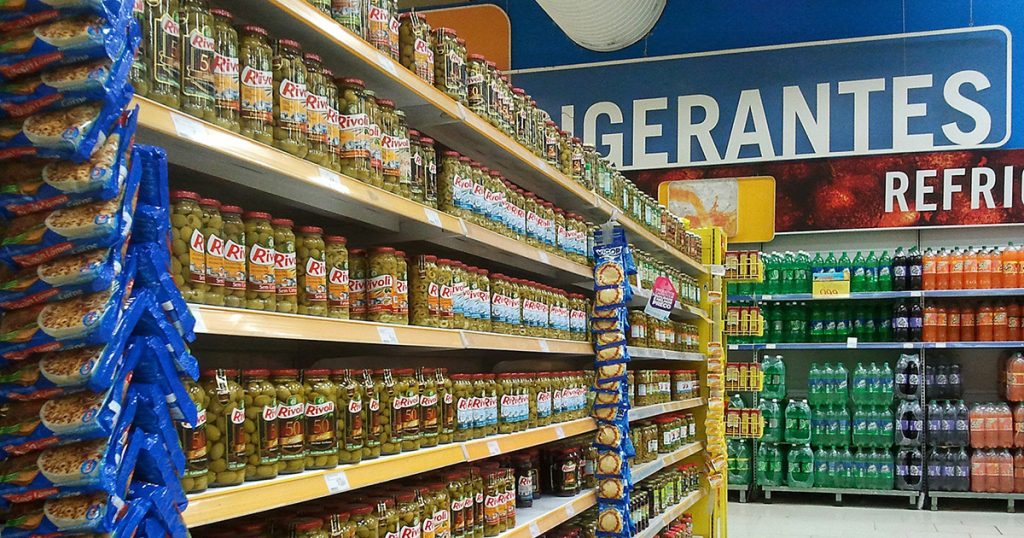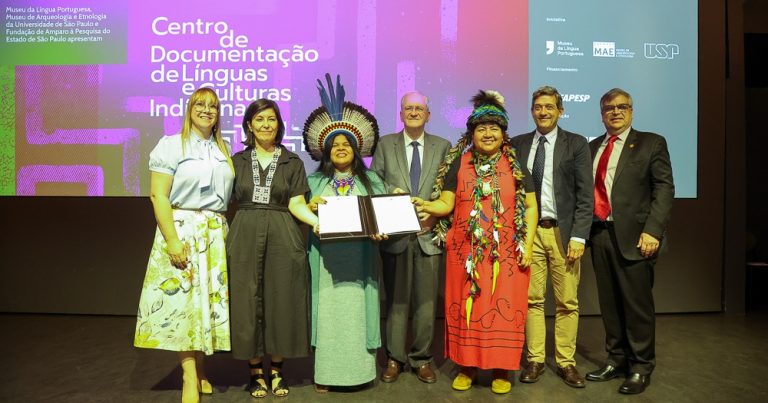
“Due to the magnitude of the impact of consumption on premature mortality, the results indicate that it is important for ultra-processed foods to be recognized as risk factors for disease in all countries and to be treated as such,” the researcher recommends. “In terms of public policy in response to this, regulatory and fiscal measures should be prioritized, promoting healthier, more affordable, and accessible food choices, while discouraging the consumption of ultra-processed foods.”
According to Nilson, educating and informing the population is essential, following the recommendations of the Dietary Guidelines for the Brazilian Population, whose golden rule is to base the diet on fresh and minimally processed foods while avoiding ultra-processed ones. However, these choices heavily depend on a food environment that supports healthy decisions. “Examples of such policies include front-of-package nutritional labeling, such as warnings about excess sodium, saturated fats, and sugar, and the regulation of food sales in schools. There are already state and municipal laws, but not nationwide,” he points out.
“Other measures include regulating advertising, subsidizing fresh and minimally processed foods, and increasing taxes on harmful products, as seen in the Tax Reform, in which basic food basket items will be tax-exempt, while sugary drinks will be subject to selective taxation, along with cigarettes and alcoholic beverages.”
The study included Brazilian researchers affiliated with Nupens, Fiocruz, the Federal University of São Paulo (Unifesp), and the Federal University of Pelotas (UFPEL). The research was conducted in collaboration with the University of Chile and the University of Santiago (Chile), the University of Montreal (Canada), the University of Antioquia (Colombia), Deakin University (Australia), and the National Institute of Public Health (INSP) in Mexico.
The article Premature Mortality Attributable to Ultraprocessed Food Consumption in 8 Countries is available at this link.
For more information: edunilson@gmail.com, with Eduardo Nilson
English version: Nexus Traduções, edited by Denis Pacheco













